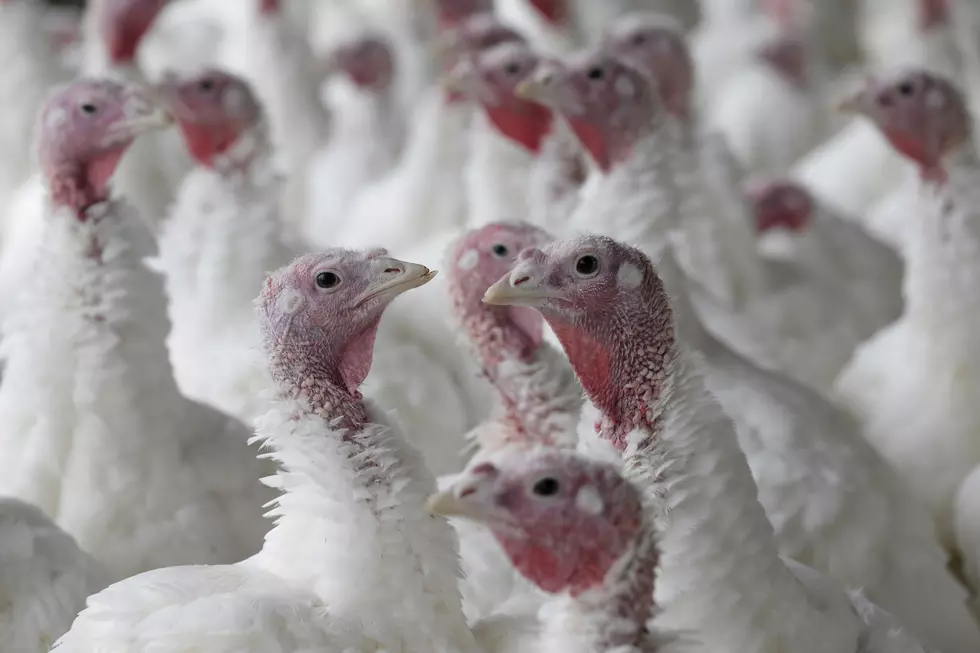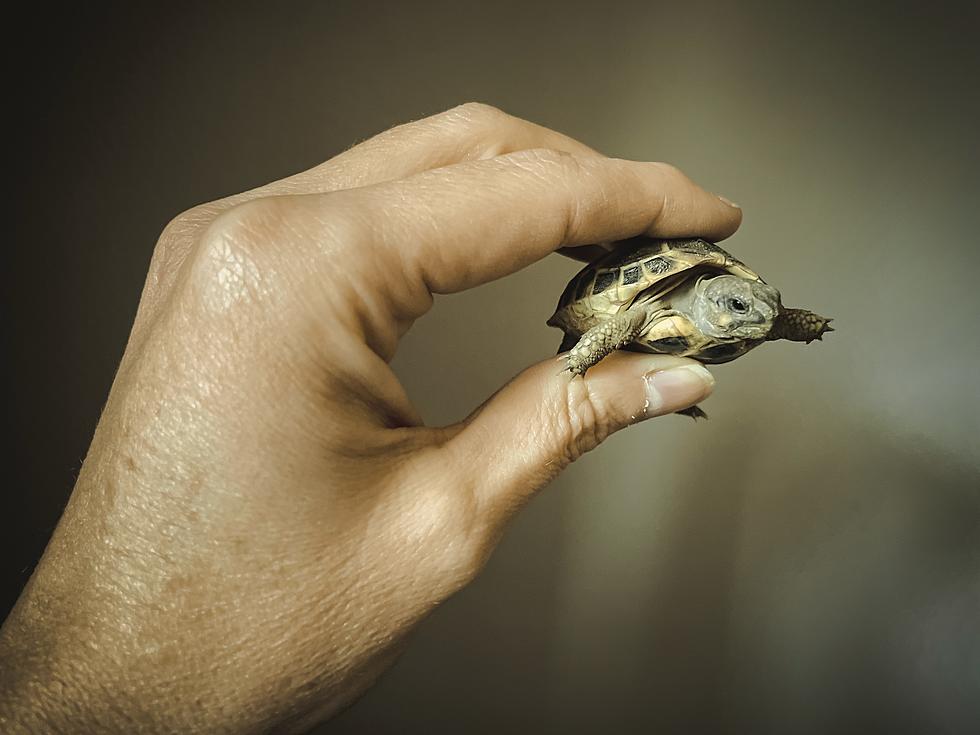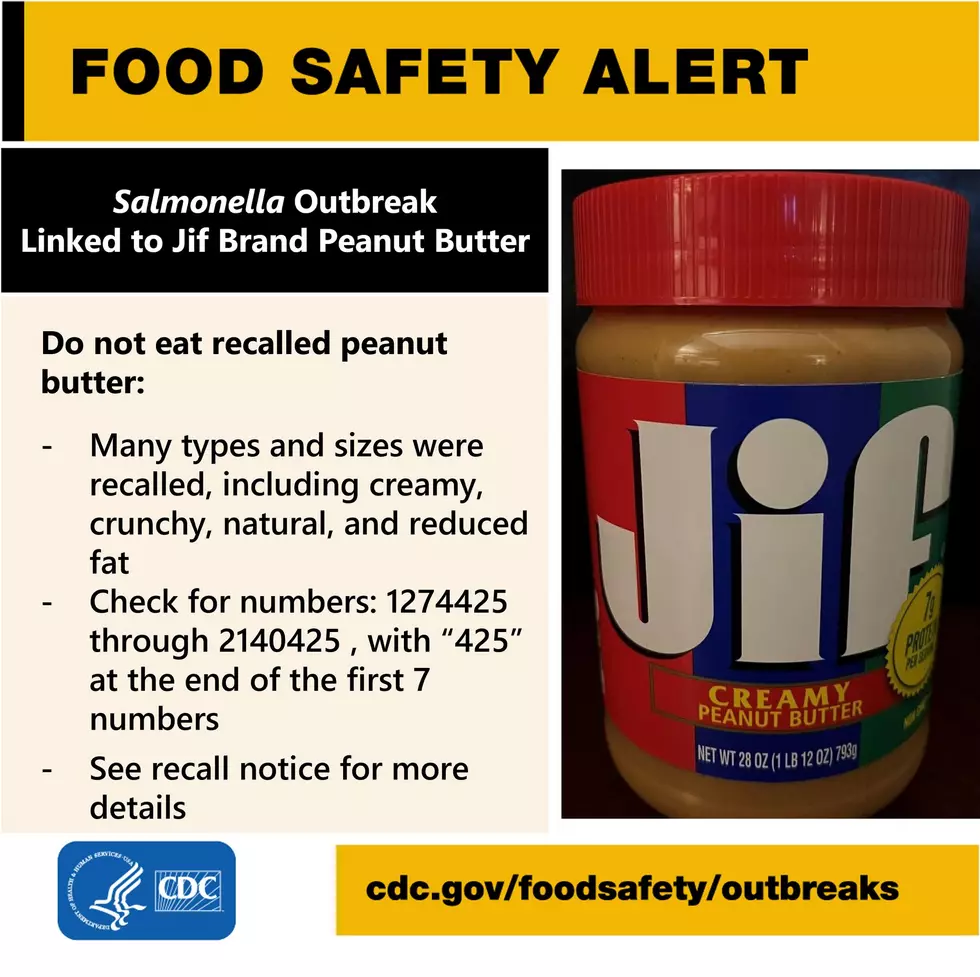
NJ cases of salmonella sickening from raw turkey grows
TRENTON — Two more cases of salmonella linked to raw turkey products have been reported in New Jersey by the CDC, which issued guidelines about how to handle meat.
The CDC, which is investigating a multi-state outbreak, reported a total of 279 cases in 24 states as of Feb. 13. Nationally, 107 people have been hospitalized and one death was reported in California.
A total of eleven cases have been reported in New Jersey. The state Department of Health in December said the cases were in Essex (2), Hudson(1), Mercer(2), Middlesex(2), Monmouth(1) and Ocean(1). A request seeking an updated breakout was not immediately returned Saturday.
A source for the contaminated turkey has not been identified.
Those who have become ill have consumed raw turkey from a variety of sources including raw turkey pet food, raw turkey products and live turkeys.
Two recalls have resulted from the investigation: 82 tons of raw ground turkey by Jennie-O in December and a smaller recall in January of raw turkey pet food by a Woody's Pet Food Deli in Minnesota.
According to the USDA, consumption of food contaminated with salmonella can cause salmonellosis, one of the most common bacterial food-borne illnesses. The most common symptoms of salmonellosis are diarrhea, abdominal cramps, and fever within 12 to 72 hours after eating the contaminated product. The illness usually lasts four to seven days. Most people recover without treatment.
In some people, however, the diarrhea may be so severe that the patient needs to be hospitalized. Older adults, infants, and people with weakened immune systems are more likely to develop a severe illness.
The CDC advises consumers to follow these steps to help prevent Salmonella infection from raw turkey:
- Wash your hands. Salmonella infections can spread from one person to another.
- Wash hands before and after handling raw turkey products.
- Cook raw turkey thoroughly to kill harmful germs. Turkey breasts, whole turkeys, and ground poultry, including turkey burgers, casseroles, and sausage, should always be cooked to an internal temperature of 165 degrees to kill harmful germs.
- Leftovers should be reheated to 165 degrees. Use a food thermometer to check, and place it in the thickest part of the food.
- Don’t spread germs from raw turkey around food preparation areas. Washing raw poultry before cooking is not recommended. Germs in raw poultry juices can spread to other areas and foods.
- Thoroughly wash hands, counters, cutting boards, and utensils with warm, soapy water after they touch raw turkey. Use a separate cutting board for raw turkey and other raw meats if possible.
- The CDC does not recommend feeding raw diets to pets. Germs like salmonella in raw pet food can make your pets sick. Your family also can get sick by handling the raw food or by taking care of your pet.
More From 92.7 WOBM










